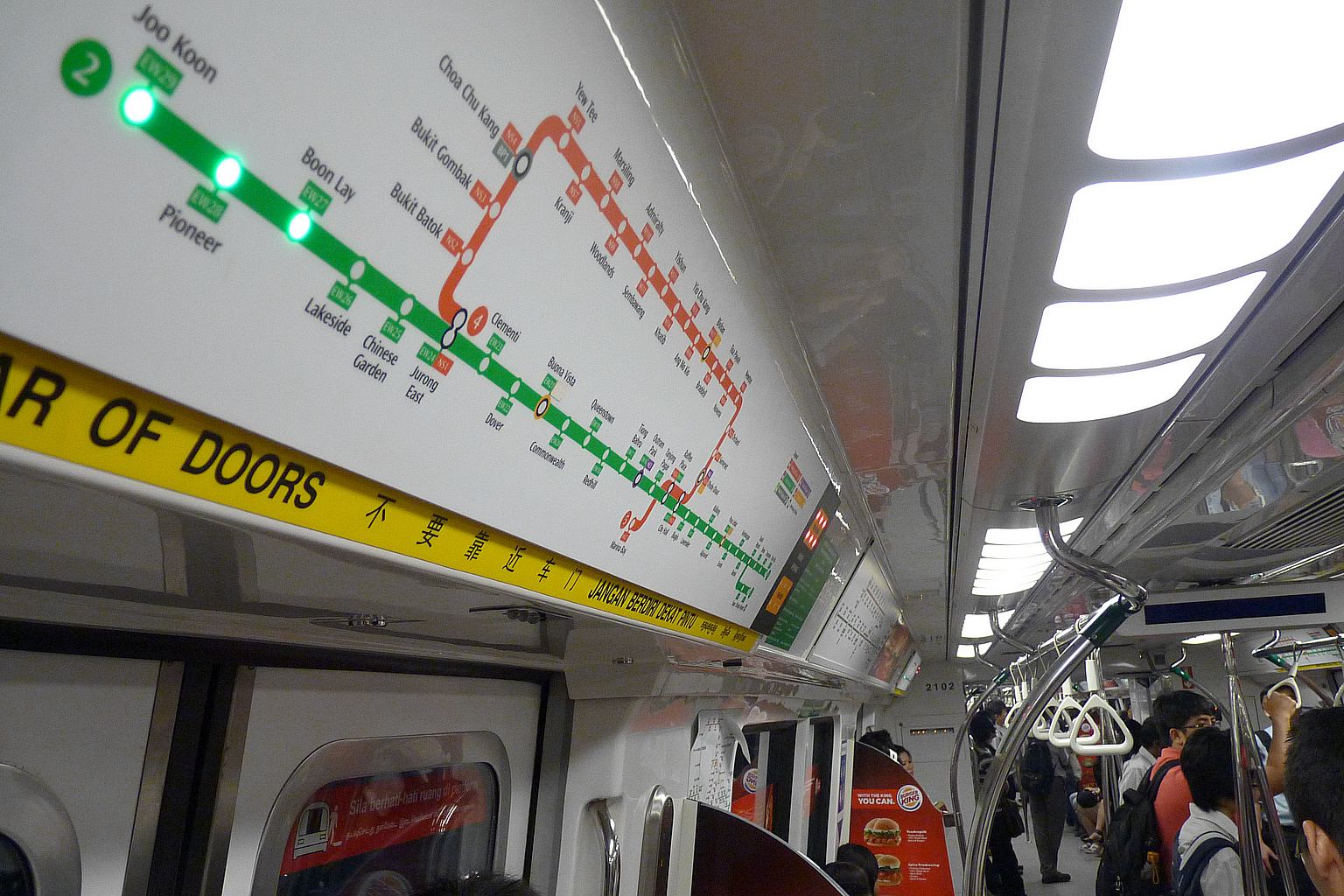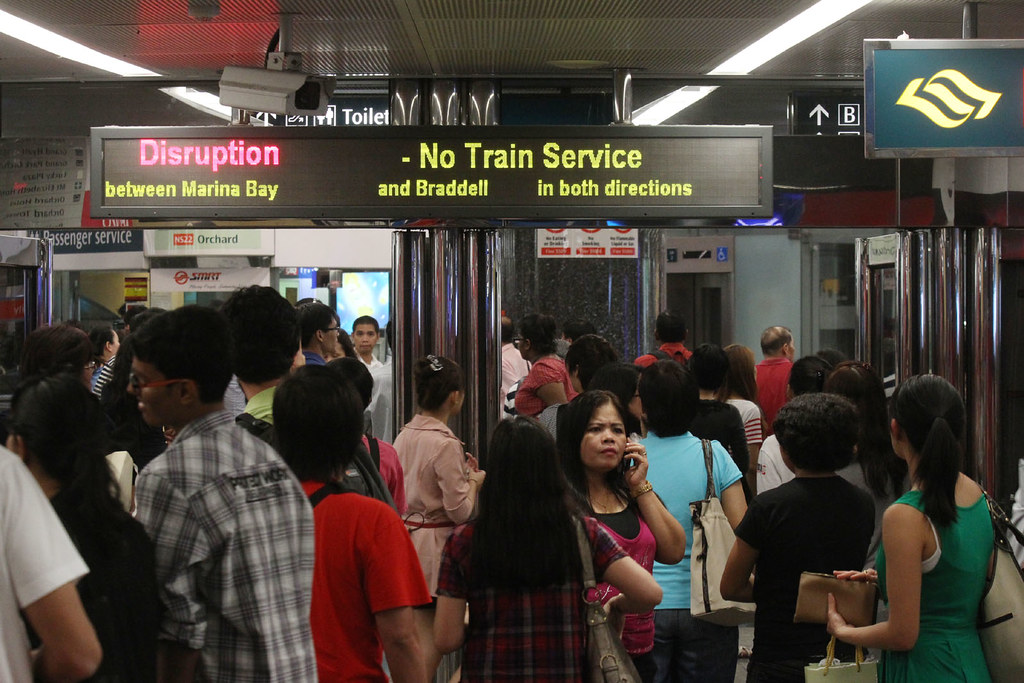A young boy was travelling on the Hong Kong MTR with his mother. The train was crowded and when 2 seats near the boy were vacated, he quickly climbed onto the seats.
An elderly couple was standing nearby and the grey-haired old lady wanted to occupy one of the vacated seats. However, the young boy quickly stretched out his arms to stop her from sitting down. His mother was aghast at his behaviour and immediately asked him to give one seat to the old lady. He refused. The boy reasoned that elderly folks have privilege over seats marked Priority Seats but not those that are unmarked. Despite his mother's attempts to cajole him into giving up at least one seat, he remained adamant. His mother then decided to take the boy down from the seats and to offer them to the elderly couple who expressed thanks for her act of kindness.
Human behaviour is the product of both nature and nurture. From a societal perspective, certain behaviours are less desired for their selfish overtures whilst selfless behaviours are deemed to be fundamental and crucial for social cohesion. Self-centred behaviours in group dynamics are deemed not to augur well for the development of strong team spirit and collegiality. Consequently, behavioural instructions are dispensed to mould desired behaviours and to change behaviours that are incompatible with the communal ethos of the society that we live in.
History has demonstrated that social norms are created through conquest, regulation and education but sustained through the latter two methods. When a new order comes into being, new social norms need to be put in place. By regulating through laws and rules, society becomes conditioned to behave in a manner desired to avoid the unpleasant consequences that follow with non-compliance. For instance, by legislating the indiscriminate disposal of waste in public as an offence punishable by law, people refrain from littering to avoid being fined. Over time, "not littering" behaviour becomes conditioned in the society where the anti-littering laws are applied and enforced.
The problem with regulating behaviour is that people continue to behave in that manner because "the law says so." And they will behave strictly according to the letter. The place is kept free from litter to comply with the regulation. In the MTR incident, the young boy did not do anything wrong in refusing to give up his seat to the old couple as far as regulations go. Even adult commuters have displayed a similar behaviour and we have seen it here in our own trains and buses. Elderly commuters and those in need are seen to have a right over seats expressly reserved for them. For unreserved seats, they have no such right.
By regulating behaviour with laws and rules, giving up a seat to someone who needs it more becomes a matter of rights. For those who are imbued with a strong sense of values, they will most definitely feel that something is clearly not right here. Unlike the use of education to inculcate desired behaviours by means of reasoning and persuasion, the use of laws and rules to regulate behaviour may often achieve an opposite effect. It's impact is further limited in time and space. Have we not often lamented the fact that many Singaporeans litter outside Singapore but do not do so when they return to our "fine" city?
If we desire to create a more caring, gracious and harmonious society, which is essentially one that is endowed with a strong, deep sense of values, should we not rely less on regulating behaviours according to rights but more on educating people to behave based on the values of compassion and kindness? The difference in their impacts are apparent in the long run and we are already seeing them every day.








